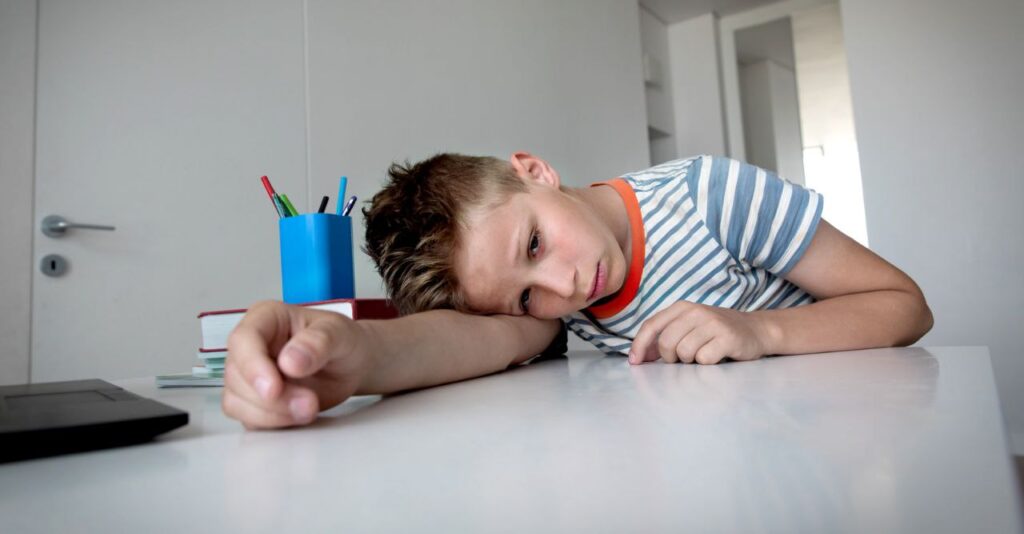The Rise of Teen Depression: How to Recognize the Signs
In recent years, concerns about adolescent mental health have surged, with many experts noting a significant rise in teen depression across the globe, including in Britain. The pressures of modern life—social media, academic expectations, social upheaval, and the ongoing impacts of the pandemic—have contributed to a landscape where teenagers are more vulnerable than ever to feelings of sadness, hopelessness, and emotional distress. Understanding the signs of teen depression is essential for parents, teachers, and peers to provide timely support and intervention.
Understanding Teen Depression
Depression is more than just feeling sad or down temporarily. It’s a serious mental health condition that affects how teens think, feel, and behave. It can interfere with daily activities, relationships, and development. While many teenagers experience mood swings or fleeting sadness, persistent depressive symptoms lasting for weeks or more warrant attention.
Why Are Teenagers Particularly Vulnerable?
Adolescence is a period of profound change—biologically, psychologically, and socially. The quest for identity, peer acceptance, academic pressures, and hormonal shifts can all influence mental health. Additionally, the pervasive presence of social media can amplify feelings of inadequacy or exclusion, fueling depressive thoughts.
Recognizing the Signs of Teen Depression
Detecting depression in teenagers can be challenging because they often mask their feelings or attribute their struggles to typical adolescent behavior. However, certain warning signs can serve as indicators that a teen may be experiencing depression:
Emotional and Behavioral Signs
– Persistent sadness or hopelessness: Feeling “down” most of the time, with little joy or interest in activities once enjoyed.
– Irritability or anger: Frequent temper outbursts or frustration, often disproportionate to the situation.
– Withdrawal: Avoiding friends, family, or social activities; isolating oneself.
– Feelings of worthlessness or guilt: Negative self-perceptions or excessive guilt about minor issues.
– Anxiety or agitation: Restlessness or constant worry.
– Difficulty concentrating: Struggling to focus on schoolwork or daily tasks.
Physical Signs
– Changes in sleep patterns: Insomnia, oversleeping, or disrupted sleep cycles.
– Appetite changes: Significant weight loss or gain, loss of appetite or overeating.
– Fatigue: Persistent tiredness or lack of energy.
– Physical complaints: Headaches, stomachaches, or other unexplained aches.
Academic and Social Signs
– Decline in school performance: Poor grades, lack of motivation, or frequent absences.
– Neglect of personal appearance: Reduced grooming or hygiene.
– Risk-taking behaviors: Substance abuse, reckless driving, or other dangerous activities.
Why Early Recognition Matters
Untreated teen depression can have serious consequences, including academic decline, strained relationships, substance abuse, and an increased risk of self-harm or suicide—the second leading cause of death among young people in Britain. Early identification and intervention can significantly improve outcomes, helping teens develop resilience and coping skills.
How to Support a Teen Showing Signs of Depression
If you suspect a teenager is struggling, approach with compassion and understanding:
– Open a dialogue: Gently ask about how they’re feeling. Use non-judgmental language and listen actively.
– Validate their feelings: Acknowledge their emotions without dismissing or minimizing them.
– Encourage professional help: Support seeking assistance from a mental health professional such as a counselor or psychologist.
– Promote healthy habits: Encourage regular exercise, balanced nutrition, good sleep routines, and limited screen time.
– Stay involved: Keep lines of communication open and check in regularly.
– Create a supportive environment: Foster a safe, accepting space where they feel comfortable sharing their feelings.
When to Seek Immediate Help
If a teen shows signs of self-harm, talks about feeling hopeless or having suicidal thoughts, or if their behavior deteriorates rapidly, seek immediate help. Contact emergency services or mental health crisis helplines in Britain, such as the Samaritans or NHS urgent mental health services.
The Bigger Picture
Addressing the rise of teen depression requires community effort—schools, families, healthcare providers, and policymakers must work together to reduce stigma, improve access to mental health services, and promote awareness. Schools can implement mental health education and peer support programs, while families can foster open communication.
Final Thoughts
The increasing prevalence of depression among teenagers is a public health concern that demands our attention and compassion. Recognizing the signs early can make a life-changing difference. If you’re a parent, teacher, or peer, staying informed and attentive can help you support a teenager through their struggles. Remember, help is available, and with understanding and intervention, many young people can navigate their way toward healing and hope.
Prof. Ahmed EL Missiry
Addresses
– 146 SPACES, 17 City North Place, Finsbury Park, London N4 3FU
– Nightingale Consulating Rooms, 11-19 Lisson Grove, Marylebone, London NWI 6SH
Contact Numbers
Whatsapp
– +44 7452 355225
– +44 7418 465495
Phones
– +44 (0)20 7535 7700
– +44 (0)80 0970 8017
Emai




